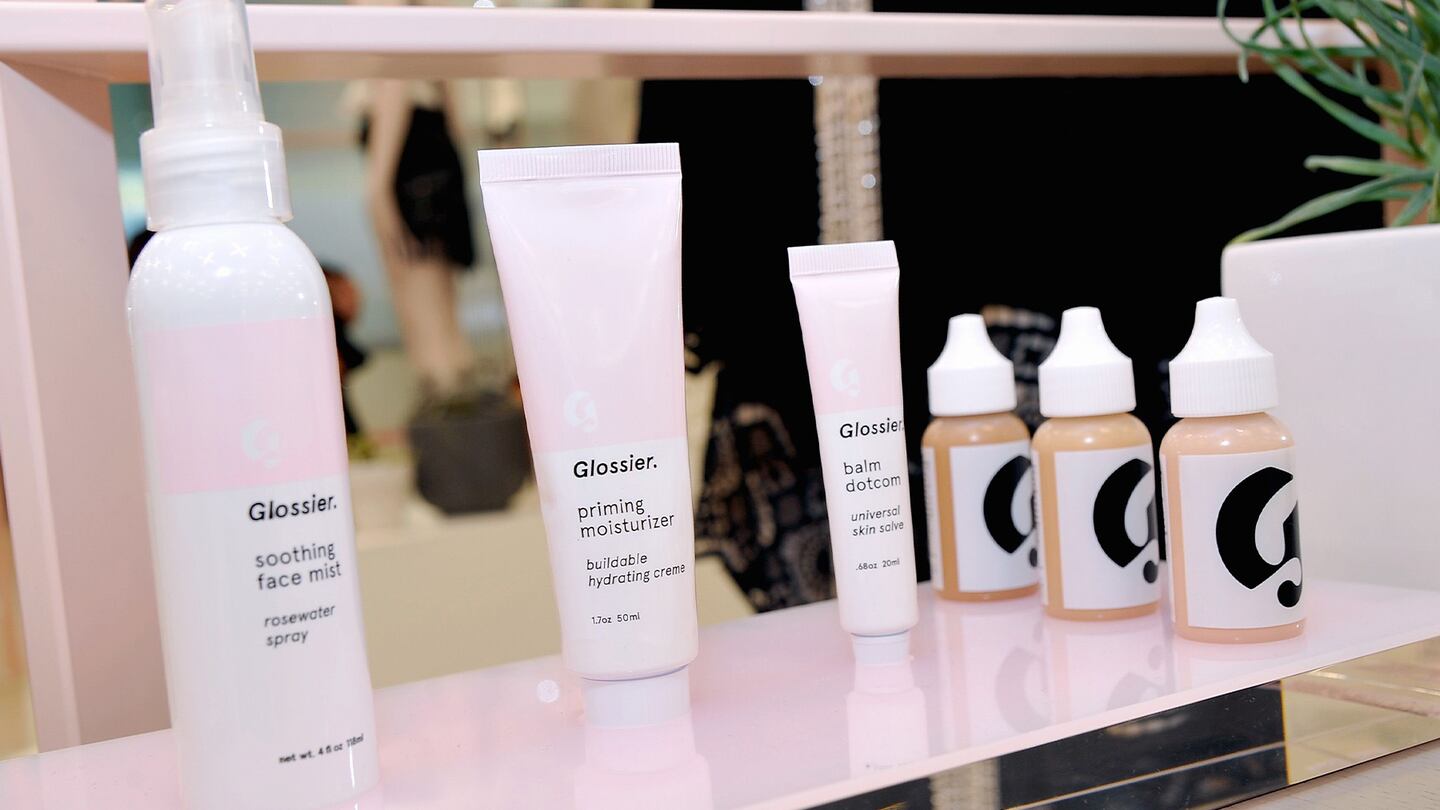
The Business of Fashion
Agenda-setting intelligence, analysis and advice for the global fashion community.

Agenda-setting intelligence, analysis and advice for the global fashion community.

While discussing the usual industry goings-ons with a fellow beauty writer – companies blatantly copying one another’s designs and problematic influencer-founded lines among them – we came to a shared conclusion: No beauty brand is doing anything really good.
Everything feels and looks the same; products are pitched as “clean,” “the first of its kind” or “science-backed.” The number of celebrities shilling skin care or makeup has diluted the power of a star founder.
Where is the next Glossier or Fenty? To be clear, I don’t mean who will copy Glossier’s social media-first approach or launch with a wide foundation range. I’m looking for the company that will change the conversation and our relationship with beauty so profoundly that it will breed a new generation of copycats.
Groupthink mentality led many founders to copy business models or an aesthetic that worked for one brand (even though it probably won’t work for them), and investors have become increasingly conservative in an uncertain economy. Earlier this year, several venture capitalists told me they had stopped investing in CPG altogether, even though beauty has a history of being “recession proof.”
ADVERTISEMENT
Less money going into businesses means fewer new ones coming out. Instead, we have an influx of celebrity brands while non-celebrity founders struggle to raise money to scale innovative concepts.
A founder of a venture-backed beauty brand – one with buzzy launches, industry recognition, a flurry of good press and impressive growth – said the company got a lower valuation than it would have in years past and “struggled to get term sheets all around” while raising a Series A. There was pushback from investors expecting profitability earlier than ever.
“The boom of performance marketing has bust and so that makes investors uncomfortable. They’re relying on retail velocity, and retail velocity is hard to get without funding,” this founder told me. They believe the first three years should be about building brand awareness – which requires capital. Top line growth and profits should come “reasonably later, not never.”
If this were pre-pandemic times, VCs would have been throwing money at this particular brand.
“When you’re trying to grow a business 500 percent year-over-year it’s really hard to be profitable and grow that quickly,” they continued. “There are a lot of things that have to happen for a brand to come out of the gate explosively and putting profit as the measure too early in a venture-backed business’ plan is asking for something that’s impossible.”
Another founder who recently closed a Series A said potential investors encouraged them to stick to its hero products and “what they know best,” voicing grave concern about “unproven” markets.
“You’re seeing a different conversation. Two years ago, people were so open to take a chance,” this founder said. Meanwhile, their brand entered a major beauty retailer this past summer, has shown “substantial” year-over-year growth and is already profitable.
These are not companies in trouble. They’re early-stage brands that, so far, are working and posting strong year-over-year growth but had difficulty getting capital because valuations dropped and investors are spooked.
ADVERTISEMENT
Forcing brands to stick to what’s proven or “worked in the past” stilts innovation and creativity. Proceeding with caution during uncertain economic times is prudent, but it means that in beauty, consumers are left with a lot of similar-looking brands instead of labels that will take bigger risks and ultimately dictate and shape trends.
When the economy faces uncertainties, direct-to-consumer businesses fall out of favour. Investors are looking for more security, and it’s why the brands that have leaned into retail are the ones that secured sizable exits. If you look at recent acquisition targets Hero Cosmetics and Briogeo, the majority of their business comes from a major wholesale partnership. (Amazon for Hero and Sephora for Briogeo). That’s a reflection of the risk tolerance in the market at the moment.
One reason why we’ve seen so many celebrity brands is because they’re funded on yachts (or vineyards). They’re the product of either an investor who is betting on the celebrity’s fame or one of the actor or singer’s well-endowed friends. But the industry focus on celebrity founders ignores their non-famous counterparts who have ideas and need capital to execute them. With less newness overall, every celebrity launch feels more pronounced (even though they are definitely too many).
But as the year comes to a close, investors are realising that the only way to make money is to spend money (that, and they can’t raise their next fund unless they’re deploying the capital they already have). Hopefully, we’re about to see more action in the space – and plenty of new, unproven concepts.
 Opens in new window
Opens in new windowAccording to an email viewed by The Business of Beauty, the company will be on hiatus while it establishes a sustainable path to return as a new company.
The surfing legend, a vocal opponent of chemical-based sun protection, is launching his own line of natural skincare products this week.
While light on obvious social stunts, the 2024 Met Gala still had its share of trending beauty moments this year.
TikTok has birthed beauty trends with very little staying power. Despite this reality, labels are increasingly using sweet treats like glazed donuts, jelly and gummy bears to sell their products to Gen-Z shoppers.